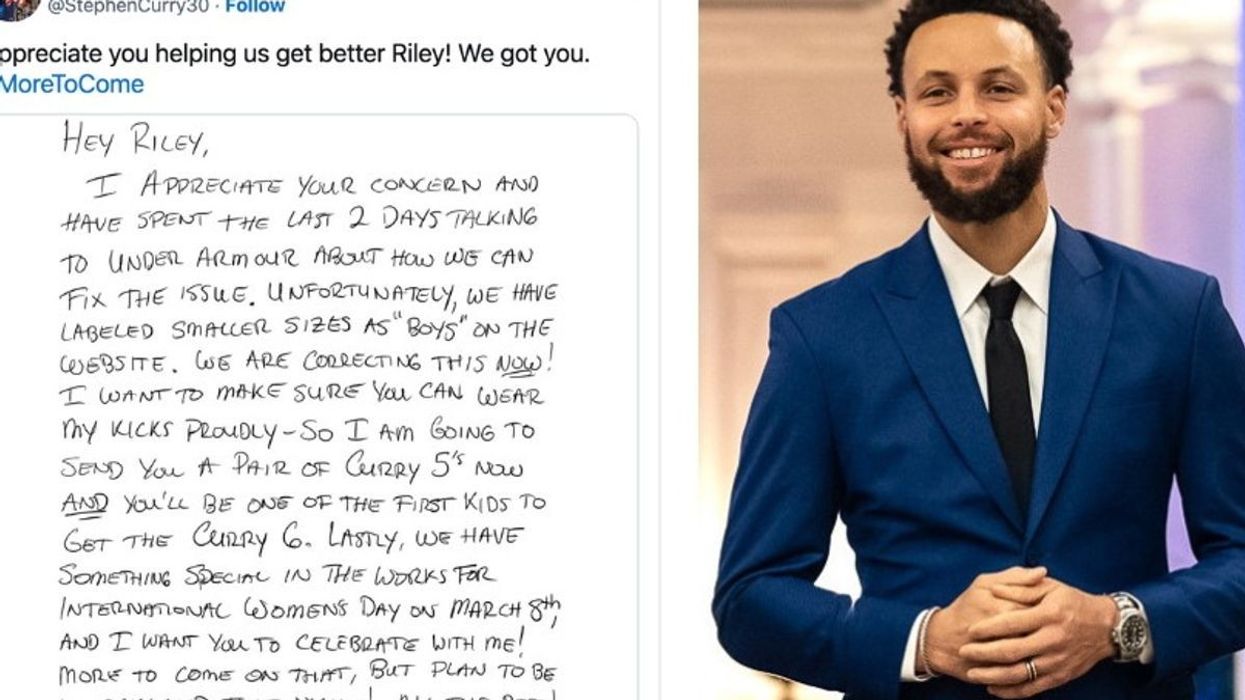Boing Boing's David Pescovitz on the merits of burying your dead yourself
As cyberspace becomes a "layer" on top of the physical world and we spend more of our lives online, a new-found appreciation emerges for authentic experiences, interactions, and goods. I think that's part of why so many people are embracing the of DIY culture, from Stitch and Bitch to Maker Faire.In many ways, authenticity is the flipside of the mediated experience. For example, the United States has seen a trending down in the average age of farmers. A new documentary film, The Greenhorns, explores this growing culture of young farmers driven by eco-motivation and the quest for authenticity. They're getting their hands dirty. For them, reality is still where the action is.Last year, my colleagues and I at Institute for the Future spent a day brainstorming with James Gilmore and Joe Pine, authors of the famous business book Experience Economy. Their latest book, Authenticity, is about what the demand for truly "real" things means for business strategy. It was fascinating to think with them about the myriad contexts in which questions of authenticity arise. What does "authentic" mean on a Bourbon Chicken Grill'N Dip label that boasts of "authentic food court flavor"? Or in Las Vegas, where the fakeness itself is authentic? Or in death?An article in the March issue of Smithsonian explores "The Surprising Satisfactions of a Home Funeral." The author, Max Alexander, lost his father and father-in-law in the same month. One received a typical American funeral. The other was a more DIY affair. Alexander, his wife, and her sister washed the body with water and lavender oil. He and his 15-year-old son made the coffin with Home Depot hardware.Alexander came up with the coffin design on his own, but he could have easily found existing plans. They're available on the Internet or in books on the subject, with titles like Do-It-Yourself Coffins: For Pets and People and Fancy Coffins To Make Yourself. You can even build a coffin from Ikea parts and give it some weird Danish name. The point though is thatgoing DIY, or DIO (do-it-ourselves), can give those in mourning something that is a natural part of many other cultures: a visceral, authentic connection to the physical reality of death.Death is very personal, both emotionally and physically. Fortunately, there's a spectrum of possibility when it comes to DIY funerals. Crossings is a Maryland-based information clearinghouse that advocates for "the integration of dying and after-death care back into our family and community life." Visiting the organization's site, I learned about green burials, the chemical nastiness of embalming, and the legalities of acting as your own funeral director.And while green is good, what DIY funerals really offer is personalization, customization, and the embodiment of emotion through an authentic experience."I suppose people whose loved ones are missing in action or lost at sea might envy the rest of us, for whom death typically leaves a corpse, or in the polite language of funeral directors, 'the remains,'" Alexander writes. "Yet for all our desire to possess this tangible evidence of a life once lived, we've become oddly squeamish about our dead... According to advocates, home after-death care is... more meaningful for the living."And meaning is where the quest for authenticity should ultimately lead, however you get there.David Pescovitz is co-editor of Boing Boing, a research director at Institute for the Future, and editor-at-large of MAKE.













